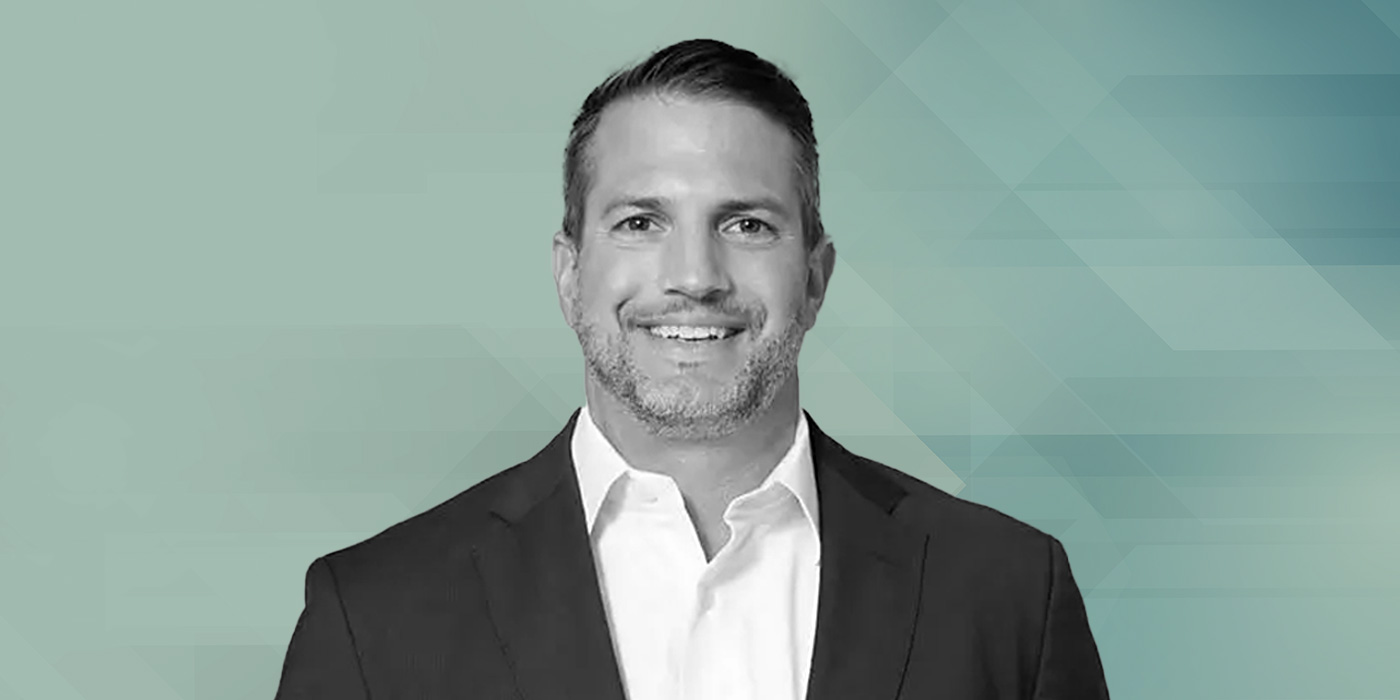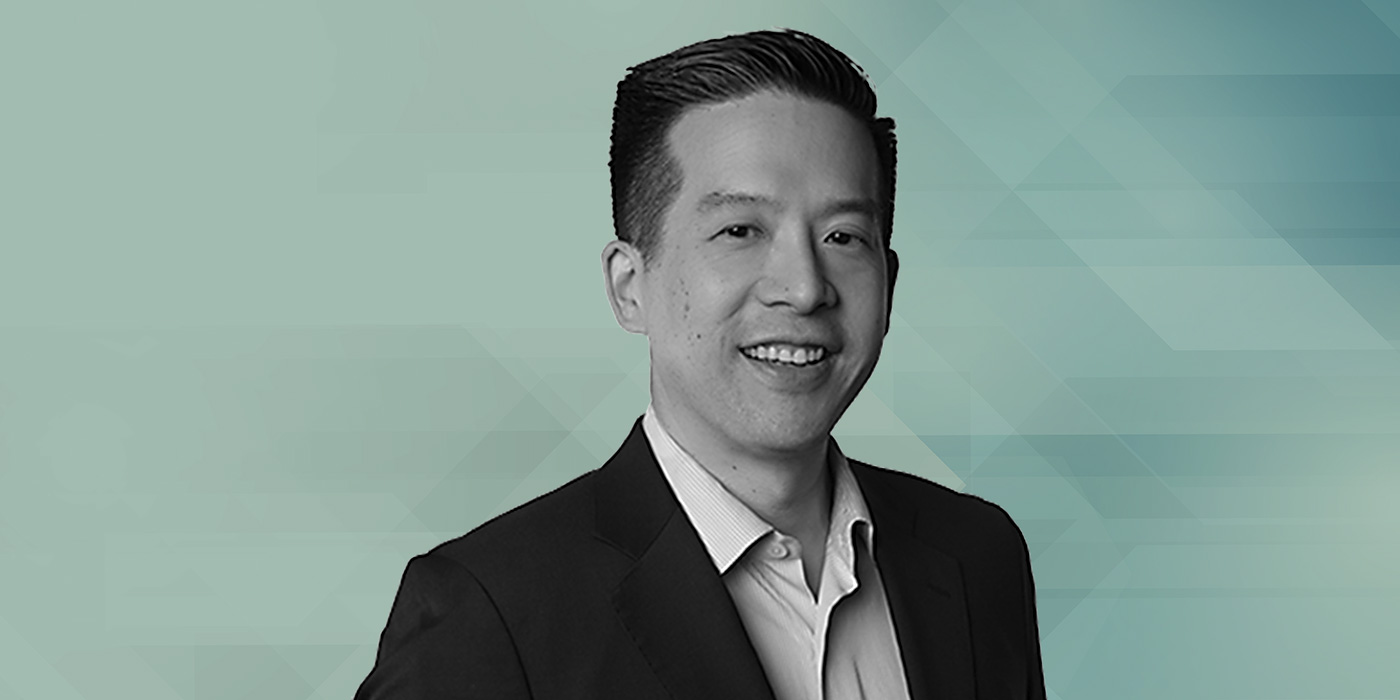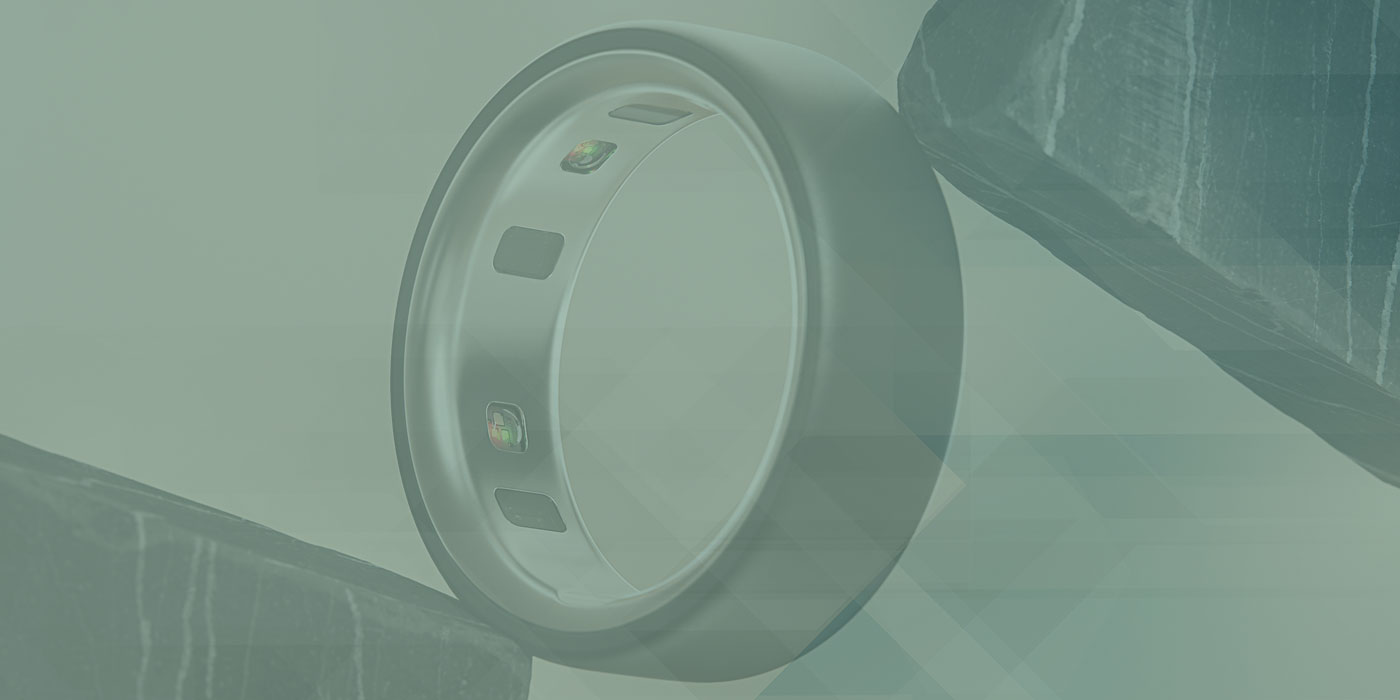Oura, headquartered in Oulu, Finland, makes the Oura Ring, a cutting-edge health biometric tracker best known for sleep applications. The company focuses on empowering individuals to maximize their health potential using its advanced wearable and insightful health application. Oura is an investment out of CRG’s Fund IV, which was completed in February 2022. Since CRG’s investment, Oura has significantly grown its revenue and subscriber base, launched an updated version of its ring (Gen 3 Horizon), and announced several transformative partnerships.…
Unlock the Full Article
Share your email below to keep reading — it’s free.
Your information is secure. View our Privacy Policy.


